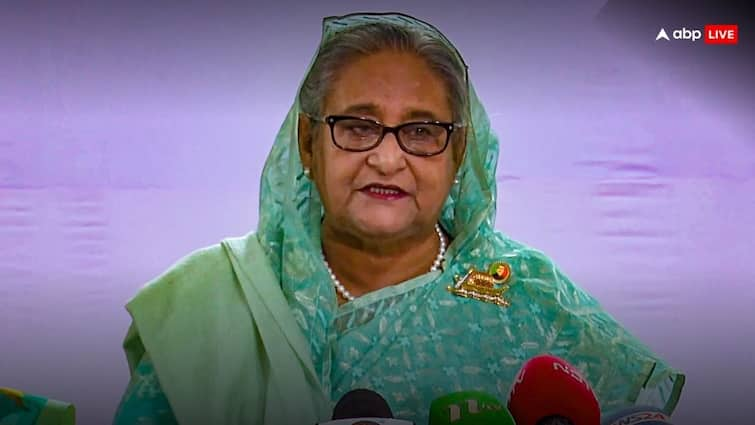- November 7, 2023
Can A CM be Arrested and Will AAP Govt Run From Jail? Explained as ED Probes Kejriwal – News18

Last Updated: November 07, 2023, 17:12 IST
Delhi Chief Minister Arvind Kejriwal in New Delhi. (Credits: PTI)
AAP MLAs have urged Arvind Kejriwal to continue as the Chief Minister of Delhi even if he is arrested by ED
Ever since the Enforcement Directorate summoned Delhi Chief Minister Arvind Kejriwal last week in the money laundering probe linked to the alleged excise policy scam, there has been growing speculation that the AAP leader might be arrested by the investigative agency like former ministers Manish Sisodia and Satyendar Jain.
The AAP on Monday called a meeting of its MLA amid recent actions by the probe agency and the party has urged Kejriwal to continue as the chief minister of Delhi even if he is arrested, Delhi minister Saurabh Bharadwaj said.
The first to be arrested in the alleged liquor scam was AAP minister Satyendar Jain, followed by Vijay Nair who handled the party’s communication strategy, then former deputy chief minister Manish Sisodia, and then Rajya Sabha member Sanjay Singh.
However, the question remains whether a chief minister could be arrested and if yes, then can he continue serving the state on the CM’s chair? Let’s take a look at the laws governing the immunities provided to heads of government and ministers and whether a CM can continue to govern from jail.
Can A Chief Minister Be Arrested?
As per the Constitution of India, the only protection government figure immune to arrest is the President of the Republic, who is immune from civil and criminal proceedings until his/her term ends.
Article 361 of the Constitution states that the President of India and Governors of states are not answerable to any court of law for “any act done in discharge of their official duties”.
While the President and Governors are shielded through this provision, the legal immunity does not apply to the Prime Minister or Chief Ministers. The Prime Minister and the Chief Ministers are treated as equals in front of the Constitution, which advocates the Right to Equality before the law.
A notable precedent occurred when J Jayalalithaa of Tamil Nadu became the first Chief Minister to be convicted while actively serving in office. In a similar nature, Former Bihar CM Lalu Prasad Yadav resigned as chief minister after an arrest warrant was issued in connection with the fodder scandal.
However, Lalu after resigning handed over the CM’s chair to Rabri Devi and elected her as the leader of the Rashtriya Janata Dal’s legislative party.
Do the Chief Minister Has to Resign After Arrest?
A Chief Minister can only be removed from office when he is convicted in a case. In case of Jayalalithaa, she served for three years before she was found guilty in a disproportionate assets case, according to The Times of India.
Though there may be practical challenges before a chief minister, but he is not legally bound from holding the office while under investigation.
Speaking on the issue, Saurabh Bharadwaj said, “The Constitution of India has not granted the legal right to challenge the fundamental rights of citizens to vote and elect a government and a popular CM. There’s no provision in the Constitution which states that CM has to resign if they’re arrested in the pretence of trial.
Delhi minister Atishi said that that the party also discussed the possibility of going to court and seeking permission to hold Cabinet meetings in jail.
“If necessary, all officers will go there, and we will obtain permission from the court to take files there. CM Arvind Kejriwal will run the Delhi government from jail, and we will not let the work for the people of Delhi stop even from jail,” she said.
However, it remains a huge challenge for the Delhi government as it has been operating under Kejriwal’s leadership. With the arrest of former minister Manish Sisodia and Satyendar Jain, the Delhi government has been operating without two of his key associates in recent months.







